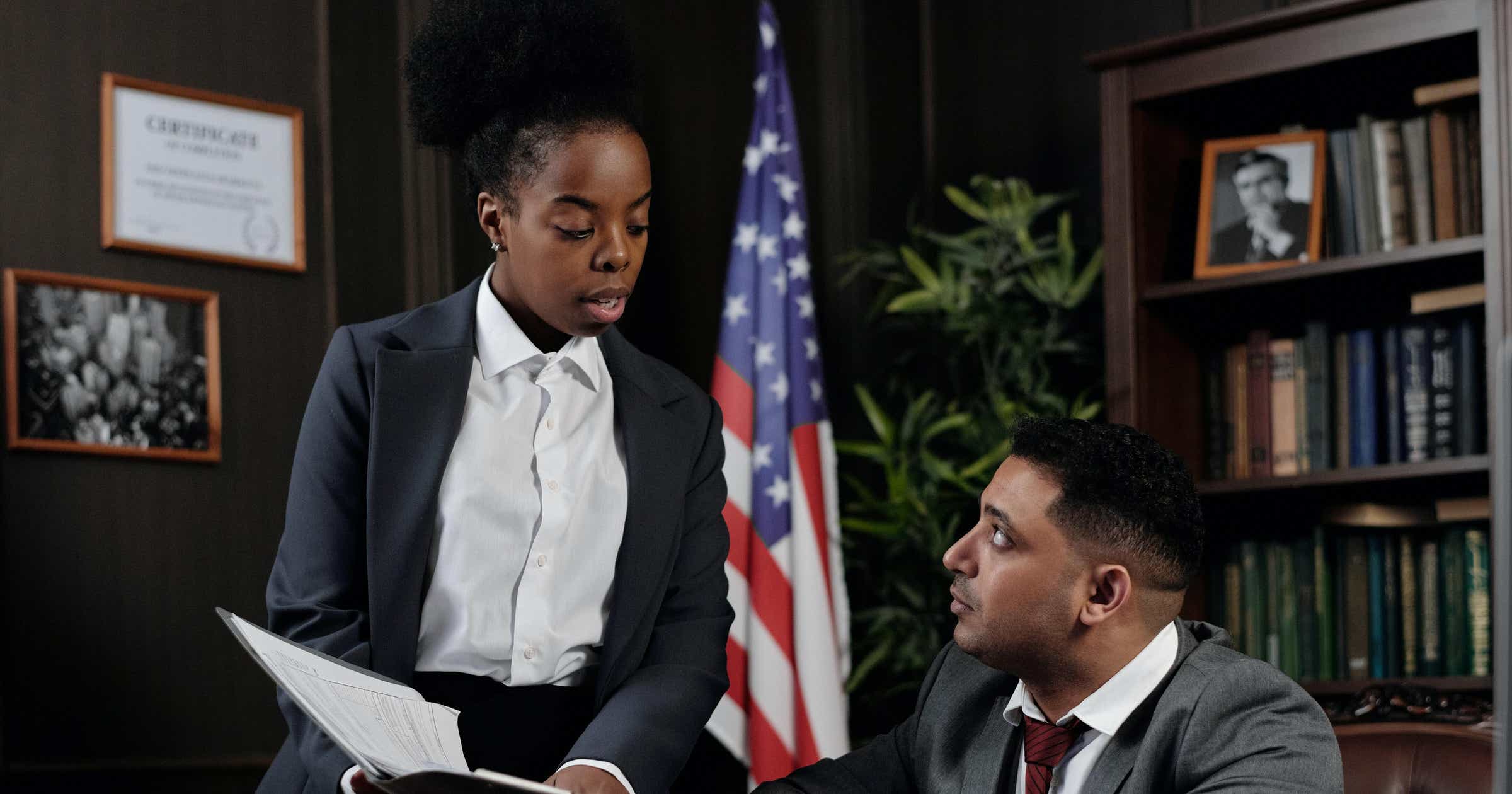Central Credit Company (CCC) had a niche business of collecting bad debts from institutions- particularly delinquent schools and hospitals. They had perfected a near 90% performance rate through a combination of aggressive tactics involving absolute persistence and direct threats. This business model had over time generated a number of copycats and business had started to ebb. Then, after an audit, it was found there had been an internal fraud, and the contract of the General Manager was canceled.
This is how Moses was brought in as the new General Manager. He came in at a time when CCC’s performance had dipped to less than 20 percent of her debt collection dues, and the owners were thinking of closing it down. Moses started by perusing through the company operations and discovered two things. First the number of branches especially those upcountry struck him as excessive. He noted debt collectors were even spread out in those scattered branches.
This was despite the fact that almost three quarters of the money generated was from the central region! Moses knew something had to be done.
“Why all these non performing branches with debt collectors all over the country?” he asked the Operations Manager.
“Well, because our debtors are spread all over the country,” the Operations Manager explained.
“But is there business in those centers!”
They bring in some, still!” argued the Manager. “Besides we hope they will one day catch up with the rest of the regions!”
“No you can’t do that, “Moses observed. “Branch opening must be guided by where the business is. In fact, if there is no business in certain places then we should consider shutting down operations there.”
“But Sir, some of the owners want us to have those branches there!” the Operations Manager cautioned.
Indeed, when Moses inquired he found the reasons why CCC had opened so many branches upcountry, even in places with no business, it had to do with a certain Board member who had real estate upcountry and wanted to tap into further income. Moses quickly brought to the Board’s attention that this was at the expense of developing a viable business since a majority of these branches were loss-making. Fortunately, the member saw the point; he agreed, and the nonperforming branches were subsequently shut down.
Following this, these staffs were brought back and deployed in the most productive region. Here they started exerting effort amongst the target market. This new strategy worked and CCC’s fortunes recovered.
In this case, we come across a familiar problem of an organization where branches and staff have been opened nationwide regardless of revenue performance. The idea could have been motivated on the ground that those branches and staff would help spur income. Unfortunately, for various reasons, this hasn’t materialized. But while it has been easy for CCC to close nonperforming branches and shift redundant staff back to headquarters, as we noted above, there are cases where that is not easy. For some organizations, political reasons override business sense. Yet even then this is a risk especially when it comes to business sustenance.










